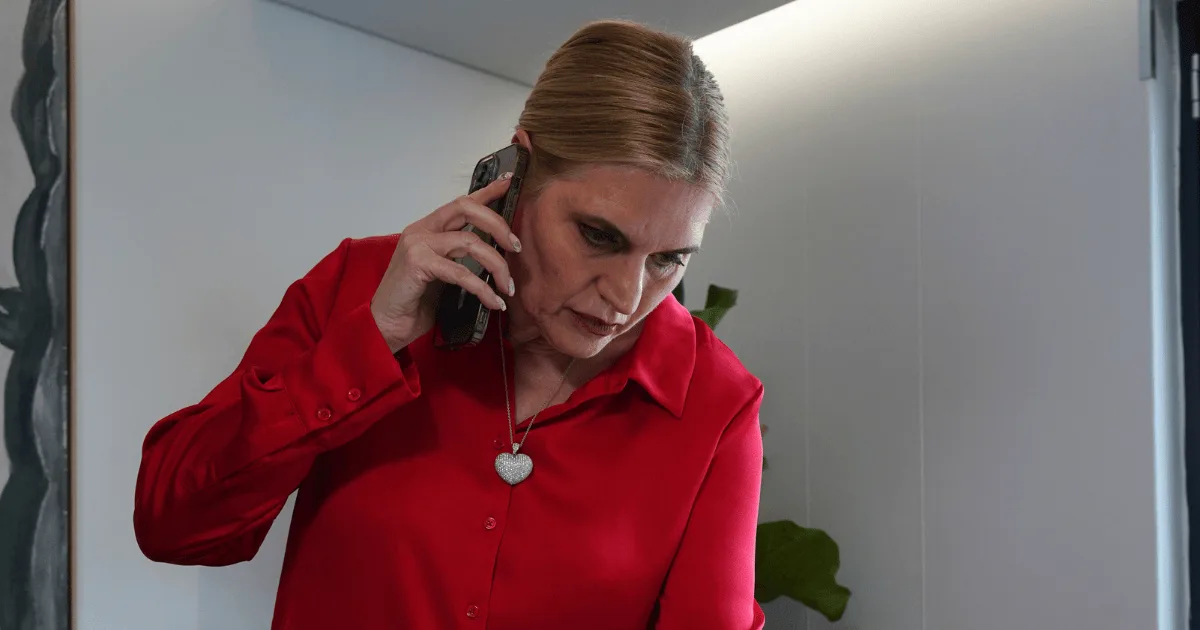Adoption is one of the most meaningful ways to provide a child with a safe, loving, and permanent home. It is a deeply rewarding journey for adoptive parents, but also a process governed by strict legal adoption requirements to ensure that the child’s best interests remain the priority.
In South Africa, adoption is regulated under the Children’s Act, which outlines who can adopt, the process for obtaining consent, the steps required, and the procedure for the adoption court process. Whether you are considering adopting a child in South Africa domestically or internationally, understanding the legal process for adoption will help you prepare with confidence.
This guide explains who can adopt, the types of children eligible, the adoption process in South Africa, timelines, consent laws, and the role of the Children’s Court – along with practical insights from family law specialists.
Who Can Adopt in South Africa?
The law provides clear criteria on who is eligible to adopt. The focus is on suitability rather than marital status or income level. Potential adoptive parents include:
- Individuals over 18 years old: Single applicants can adopt if they meet the requirements.
- Married couples: Both partners must consent to the adoption.
- Life partners, including same-sex couples, provided they demonstrate the capacity to care for a child.
- Relatives (kinship adoption): Relatives of the child may adopt, especially in cases of abandonment or neglect.
Every applicant must undergo social worker assessments and obtain police clearance. These evaluations consider emotional readiness, financial stability, and the ability to provide a nurturing home. The emphasis is always on the child’s welfare, rather than the adoptive parent’s background alone.
What Children Are Eligible for Adoption?
A child may be adopted if they are legally recognised as in need of permanent care. Circumstances include:
- Orphaned or abandoned children, with no parents or guardians available.
- Children removed due to abuse or neglect, where the state intervenes to safeguard their well-being.
- Children without competent guardians, when parents are unfit, absent, or deceased.
The Department of Social Development (DSD) oversees eligibility, ensuring the child’s safety and rights are prioritised. Biological parents’ or guardians’ adoption consent laws also come into play, which we explore later.
Step-by-Step Breakdown of the Adoption Process
The adoption process in South Africa follows carefully regulated steps, each vital to ensuring the welfare of both the child and adoptive parents. Here is an easy-to-follow roadmap of what you can expect:
- Orientation & Registration with an Accredited Adoption Agency:
- The first step is usually to attend an orientation session through a registered adoption agency, where you can learn about the legal and emotional aspects of adoption. Once you’ve made the decision, you’ll register with the agency.
- Screening & Assessment by a Social Worker:
- A licensed social worker will conduct a thorough assessment of your home environment and emotional readiness to adopt. They will ensure you meet the legal requirements for adoption.
- Police Clearance & Medical Reports:
- All prospective adoptive parents must undergo police clearance checks, and medical reports will be required to ensure that there are no physical or mental health barriers to adoption.
- Home Visits & Suitability Evaluations:
- Social workers will visit your home to assess your environment. This includes evaluating your home’s safety and the living conditions you can provide to the child.
- Matching with a Child:
- Once you’ve passed the screening and assessment stages, the agency will work to match you with a child in need of adoption.
- Obtaining Consent:
- In cases where the biological parents or legal guardians are involved, their consent must be obtained for adoption to proceed.
- Application to the Children’s Court:
- The formal adoption application is submitted to the Children’s Court, which reviews the documentation and makes a decision.
- Court Decision and Final Adoption Order:
- The adoption court process concludes with a hearing, after which the court may grant an adoption order. This legally finalises the adoption.
Consent: What the Law Requires
Consent is a cornerstone of the legal process for adoption. The following consents are typically required:
- Birth parents’ consent: If the biological parents are known and alive, their consent is mandatory before adoption can take place.
- Legal guardians’ consent: If the child is under the care of a legal guardian, their consent is also necessary.
- The child’s consent: For children aged 10 years and older, their consent is required. The court will assess whether the child fully understands the implications of adoption.
In cases of abandonment, neglect, or incapacity, the court may waive consent. Importantly, once consent is given, it may be withdrawn within 60 days—but after the court issues a final order, it becomes irrevocable (except under extraordinary circumstances).
What to Expect From the Children’s Court
After the adoption application is filed, the Children’s Court is where the adoption process is finalised. The process here is comprehensive, ensuring the child’s best interests are upheld.
The court will review:
- The adoption application and all supporting documents (including social worker reports and medical certificates).
- The consent provided by the birth parents and any additional reports.
- A hearing will typically take place, where both adoptive parents and the social worker may be required to provide further testimony or clarification.
While this may feel daunting, the court’s approach is not adversarial, it is a safeguarding mechanism. The court focuses solely on whether the adoption serves the child’s welfare.
Once satisfied, the court issues a final adoption order, giving the child full legal status within their new family.
Timeline: How Long Does the Adoption Process Take?
The adoption timelines in SA vary depending on the circumstances. On average:
- Pre-screening and preparation: 3–6 months
- Matching & placement: This can vary widely, from a few months to over a year (depending on the availability of a suitable child).
- Court finalisation: 1–3 months after filing the adoption application.
Delays may occur in complex cases, such as contested adoptions or cross-border processes. Patience and legal guidance are key throughout.
Costs and Legal Fees Involved
Adoption can come with costs, and these vary depending on the type of adoption and legal representation used. Below is a breakdown of typical expenses:
- Agency or social worker fees: Charges for screening, assessments, and home visits.
- Legal representation: You may want to engage an attorney to guide you through the adoption process and court filings.
- Court filing fees: To submit the adoption application and request a final adoption order.
- Home Affairs documentation: Includes costs for amending the child’s birth certificate and updating records.
It’s important to note that these costs may vary depending on the type of adoption (whether it’s a private or agency-facilitated adoption). Always ensure you understand the total costs before committing to the process.
How Benita Ardenbaum Attorneys Can Help
At Benita Ardenbaum Attorneys, we understand that adoption is both a legal process and an emotional journey. With deep expertise in family law and adoption in South Africa, we assist clients with:
- Drafting and submitting paperwork to the Children’s Court.
- Ensuring full compliance with South African legal adoption requirements.
- Handling complex adoptions, including contested and international cases.
- Protecting the best interests of the child while safeguarding adoptive parents’ rights.
Our goal is to make the process as clear and stress-free as possible, so you can focus on building your family.
Final Thoughts
Adopting a child in South Africa is a life-changing decision, and one that requires careful navigation of the legal adoption process. While timelines can vary, and requirements may seem overwhelming at times, with the right legal support, you can move forward with confidence.
At Benita Ardenbaum Attorneys, we are committed to walking this journey alongside you, offering compassionate guidance and legal expertise every step of the way.
If you are considering adoption, contact us today for professional assistance and let us help you take the next step toward growing your family.






